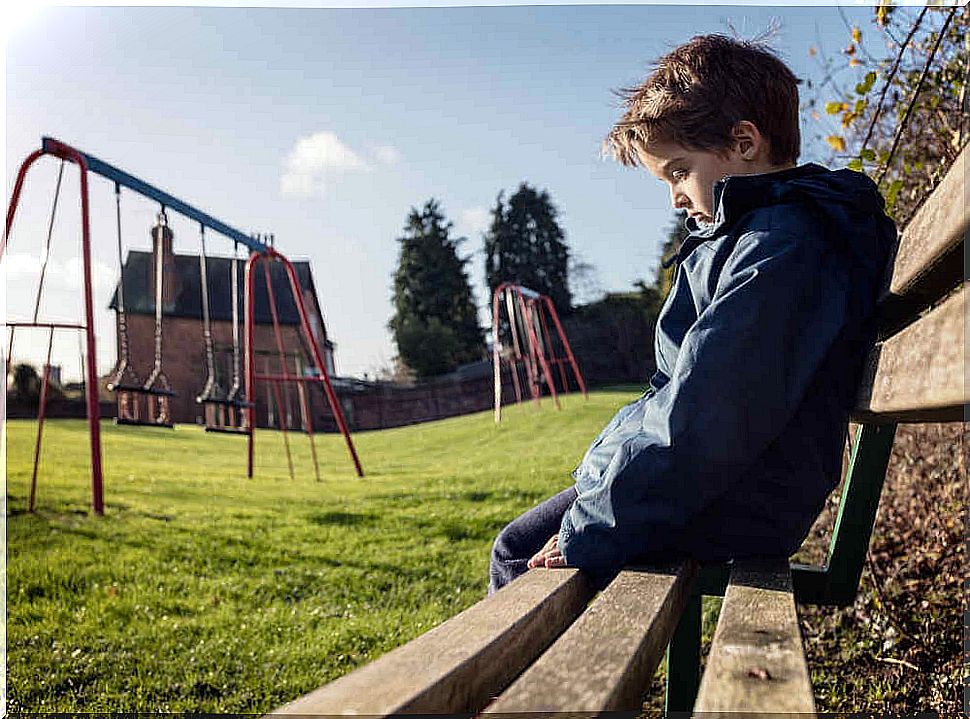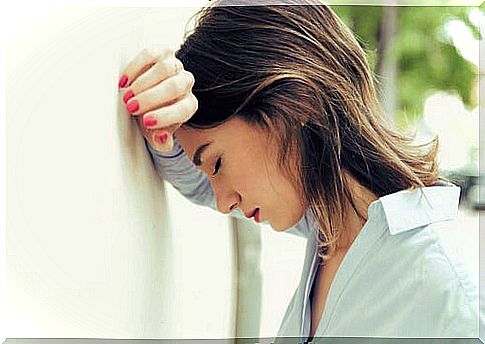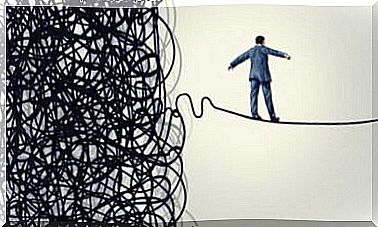The Consequences Of Bullying In Adult Life

Many of us have experienced bullying at some point in our lives or know someone who has been a victim. Perhaps a close relative – a nephew, your cousin, or even your own son – or a childhood friend. Perhaps we have also heard or read stories that expose how dangerous this practice can be.
The use of this term is very widespread today. Now, what is understood by bullying or bullying? What does this term mean? Bullying or bullying is a phenomenon characterized by the intimidation of an abuser on the victim within the school environment. Therefore, it is situated in the infantile and / or adolescent stage.
It should be noted that being victims of violence has consequences for the person who suffers it and that, despite being a phenomenon located at an early age, there are consequences that carry over into adult life. Ultimately, the consequences of bullying in adult life exist and are suffered.

Bullying
The psychologist Dan Olweus was the first to use this concept in his work in the 1970s on adolescent suicide, in which he discovered that a large percentage of adolescents were victims of physical and / or verbal attacks by their peers. of class. Based on the studies carried out by Olweus, violence in the classroom began to be considered as a problem that affects the lives of children and adolescents at an academic, emotional and social level.
As a result of this new conception of bullying, there has been a large number of subsequent studies on how it affects victims and its possible consequences.
Types of bullying
According to the National Center Against Bullying (NCAB) there are different types of bullying or harassment depending on the way it is presented.
- Physical harassment: hitting, pinching, kicking, pushing, or damaging someone’s property. Physical harassment is the most visible to the naked eye and is damaging to their physical integrity.
- Verbal harassment : insults, teasing, intimidation through verbal communication. They consist mainly of homophobic or racist comments. While verbal harassment may begin harmlessly with a malicious comment, it can reach high levels and be very damaging to the abused person.
- Social harassment: it is the most difficult to recognize because it is carried out behind the back of the affected person. It consists of damaging someone’s social reputation to humiliate them by spreading false rumors, malicious jokes to embarrass that person, threatening gestures and looks and, also, encouraging others to exclude them socially.
- Cyberbullying: Abuse is done through the use of digital technologies, including hardware (computers and mobile phones) and software such as social media, instant messaging, websites, and other online platforms. Cyberbullying can be in public or private and can include abusive emails, private images or videos being spread, nasty rumors, theft of personal accounts by adding false information, etc.
Consequences of bullying in adult life
The consequences of bullying in adult life are a reality for abused people, since there is a vulnerability to suffer certain difficulties.
Difficulties in socialization
People who have suffered bullying tend to have behaviors of social isolation, which is carried over into adult life, since there is a large percentage of victims who tend to seek solitary activities already in their adulthood.
In addition, they often find it difficult to relate, they find it difficult to trust the people around them and they tend to be rather introverted people who find it difficult to express what they feel. Even in the long term it is possible to develop social phobia after being bullied.
Stress
There are several studies by researchers that state that bullying produces high levels of stress in the victim. Researchers such as William E. Copeland, a member of the Center for Developmental Epidemiology at Duke, who states:

Depression and low self-esteem
There is a correlation between having suffered child abuse by the peer group and being vulnerable to suffering from mental health problems such as depression, as stated by specialists from the Center for Studies on Human Stress at the Louis-H Hospital. Lafontaine from Canada.
Being bullied leads to low self-esteem and leads to the erroneous idea of believing yourself inferior to others, of being worth less and, therefore, you are a victim of abuse.
Does being a victim of bullying make you stronger?
“What doesn’t kill you makes you stronger,” says the popular proverb. Is it true that bullying strengthens you? Although it is clear that bullying produces negative and harmful consequences for those who suffer it, it is also worth noting the resilient effect that it can leave as a residue if the experience ends up being integrated in a positive way in the personal history.
Hopefully soon we will be able to say that this phenomenon and its consequences have decreased, that technology has become an ally to prevent it and not a highway that facilitates it. In addition, while this is happening, we can establish better protocols in therapy so that victims of bullying are able to take precisely the negative experience as a point of support for their resilience.









